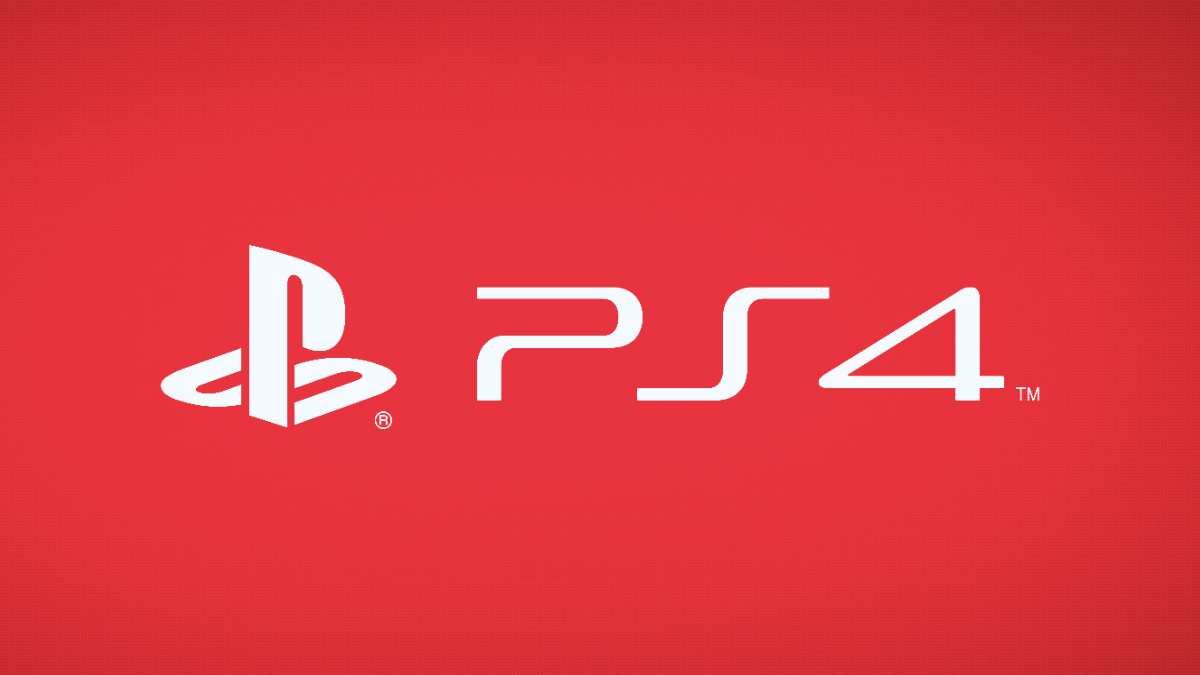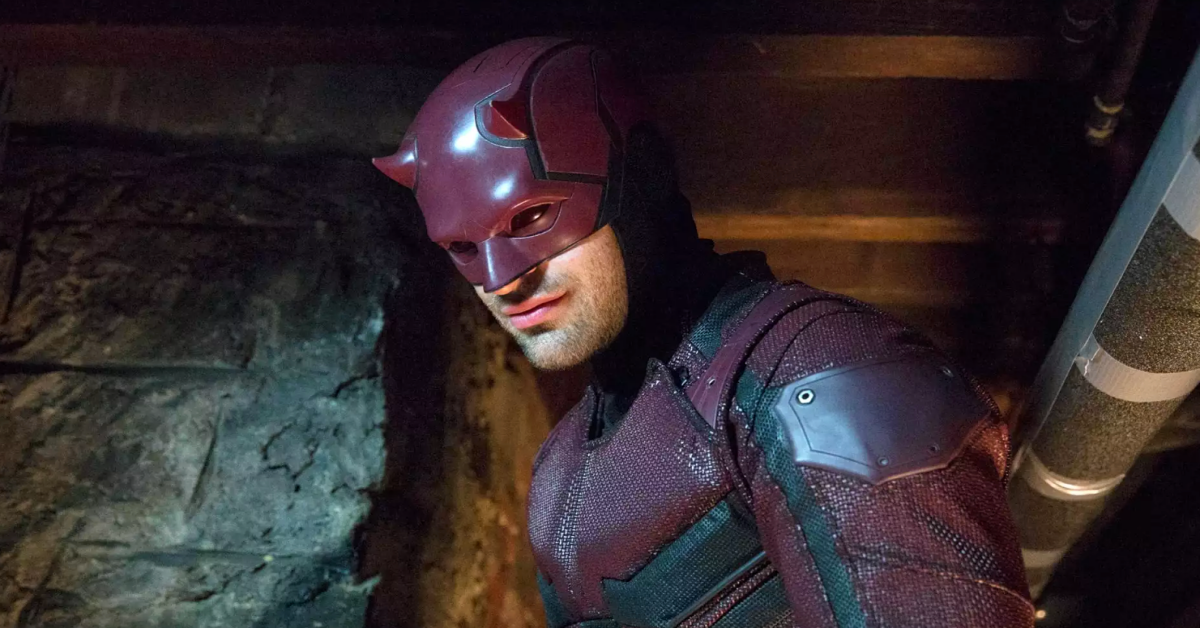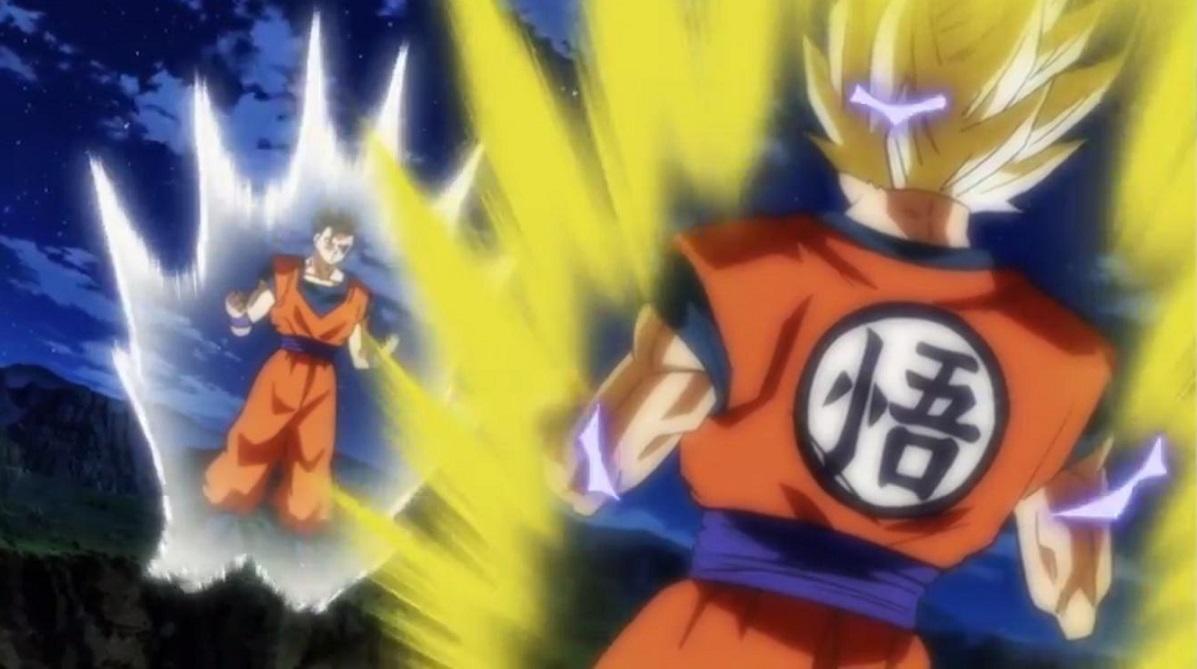Actors' Strike Gets Good News After First Day of Negotiations Since End of Writers' Strike
Negotiations are set to resume tomorrow.
Members of the Screen Actors Guild-American Federation of Television and Radio Artists (SAG-AFTRA) and the Alliance of Motion Picture and Television Producers (AMPTP) are back at the negotiating table for the first time since the end of the Writers Guild of America strike, and it sounds like things are progressing fairly well. As noted by The Hollywood Reporter's Lesley Goldberg on social media, the AMPTP and SAG-AFTRA produced a joint statement at the end of the day yesterday, with no finger-pointing or subtext, but a straightforward message that the bargaining day had ended and they would pick up again on Wednesday.
In addition to any joint statement being pretty significant, the fact that they're headed right back to the bargaining table likely means progress is being made. You might remember the WGA and AMPTP heading to the table a few times, only to immediately turn around when the studios reportedly pitched non-negotiable "final" deals rather than negotiating.
The actors went on strike in July, about two months after the writers did. It's unlikely it will take another two months to get a deal struck, though. The WGA and Director's Guild of America contracts have likely set certain standards that the studios will have to meet with the actors, and that presumably limits the scope of the current talks.
With writers back at work and new shows and movies likely to start rolling back in, studios -- especially on the TV side -- will likely be eager to get things moving again. A second strike -- this time against the video game industry -- has also further limited what jobs actors can take during the strike.
Key issues at play are much the same as they were with the directors and writers: actors are worried about residuals, and the way the opaque streaming data seems to have severely limited what creatives can make from reruns and streams of their shows; they're also concerned about artificial intelligence, with studios in the case of actors having proposed a plan to digitally scan background actors and then use their likenesses indefinitely and without additional cost.
The writers won significant improvements in transparency and in protections against the studios' use of unregulated AI. It seems likely the actors will have similar success in those same spaces, but until a deal is finalized it's hard to be sure.




